Leveraging AI in Your Job Search: Essential Do’s and Don’ts
In today's job market, artificial intelligence (AI) is not just a buzzword. Understanding how to harness these powerful tools can be a game-changer for job seekers. From resume optimisation to interview prep, AI offers numerous advantages. However, using them effectively is crucial.
Here are some dos and don’ts to help you make the most of AI in your job search.
Do: Optimise Your Resume with AI Tools
You can use AI-driven resume builders and optimisation tools such as Kickresume, Jobscan, Visual CV, Rezi or Resume.io to tailor your resume for each application. These tools can analyse job descriptions and suggest keywords and phrases to align with specific job requirements, increasing your chances of your resume standing out and landing an interview.
Don’t: Rely Solely on AI for Resume Writing
While AI tools can help with formatting and keyword optimisation, they cannot replace the personal touch needed for a compelling resume. Avoid relying entirely on automated suggestions. Craft your resume to reflect your unique skills, experiences, and achievements.
Do: Utilise AI for Job Matching
AI-powered job boards and career platforms like LinkedIn and Indeed can recommend job opportunities based on your skills, experience, and preferences. These platforms use algorithms to match you with roles that fit your profile, potentially uncovering opportunities you might not have found otherwise.
Don’t: Ignore Platform Customisation
AI recommendations are based on the data you provide. If your profiles are outdated or incomplete, the job suggestions you receive may be off target. Make sure to regularly update your profiles and refine your job preferences and skills to get the most accurate job matches.
Do: Utilise AI to Write Your Cover Letter
AI-powered writing assistants like Grammarly, Jasper, or ChatGPT can help tailor your cover letter to the job description by highlighting relevant skills and experiences. Input key details about the job and your experience to receive suggestions on how to effectively align your letter with the role. They can also suggest impactful language and ensure that your content is free of grammatical errors.
Don’t: Submit a Generic Cover Letter
While AI can help structure and edit, it’s crucial to inject a personal touch into your cover letter. After using AI to draft your cover letter, personalise it by including specific details about the company and how your background uniquely fits the role. Highlight why you are excited about the opportunity and how you can contribute to the company’s goals.
Do: Prepare for AI-Driven Interviews
AI is increasingly being used in initial screening interviews. These interviews might involve video-based assessments where AI evaluates your responses and body language. Familiarise yourself with these tools to understand what might be expected. Practice common interview questions and ensure you’re comfortable with video conferencing tools. Maintain good posture and eye contact during the interview to make a positive impression.
Don’t: Underestimate the Human Element
While AI can assess certain aspects of your responses, it lacks the nuance of human judgment. Focus on presenting your best self rather than trying to game the system. Authenticity and personality still play crucial roles in the hiring process so be genuine in your responses and interactions. AI might assess your content and delivery, but your unique personality and enthusiasm for the role are what truly set you apart.
Do: Leverage AI for Skill Development
Identify the skills required for your desired roles and use AI-powered learning platforms to acquire or enhance those skills. AI-driven platforms like Coursera and Udemy offer personalised learning paths based on your career goals and skill gaps. While most aren’t yet accredited in Australia, these tools can help you stay competitive by providing knowledge and skills to keep your profiles updated.
Don’t: Overlook Soft Skills
AI excels at analysing technical skills and qualifications but often falls short in assessing soft skills. Focus on developing and demonstrating skills like communication, teamwork, and problem-solving, which are highly valued by employers. Make sure you highlight your soft skills in your resume and during interviews and provide examples of how you’ve applied them in real-world situations.
Do: Use AI for Network Building
AI tools can help you expand and manage your professional network. Platforms like LinkedIn use algorithms to suggest connections, join groups, and follow industry leaders. These connections can provide valuable insights and opportunities. Engage actively with your network by sharing content, participating in discussions, and connecting with professionals in your field. This proactive approach can enhance your visibility and open doors to new opportunities.
Don’t: Neglect the Importance of Personal Branding
AI can assist with identifying opportunities, but personal branding remains a human-driven process. Ensure that your online presence reflects your professional identity and goals. Regularly update your LinkedIn profile and personal website with your latest accomplishments and insights. Engage in industry-related discussions and share relevant content to build a strong personal brand.
AI tools can significantly enhance your job search however they should be used as part of a broader strategy that includes personal authenticity, human interaction, and continuous professional development. By balancing cutting edge AI with a genuine personal touch, you can navigate the recruitment process more effectively and increase your chances of landing your ideal job.














